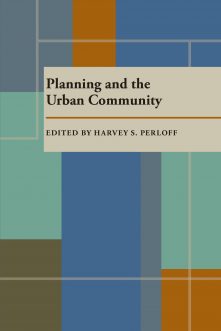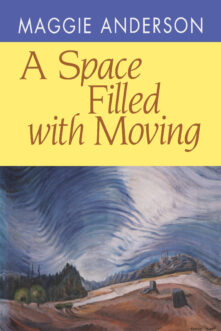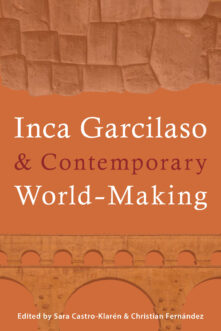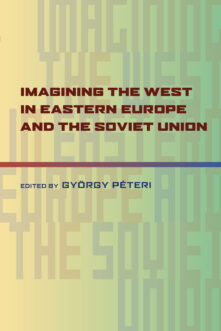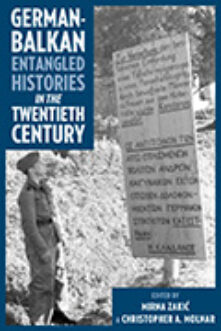Search Results
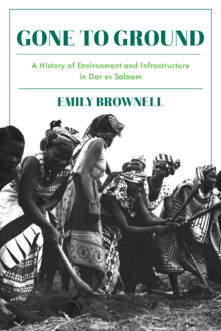

Gone to Ground
A History of Environment and Infrastructure in Dar es Salaam
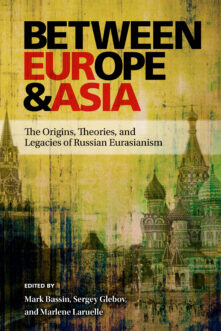

Between Europe and Asia
The Origins, Theories, and Legacies of Russian Eurasianism
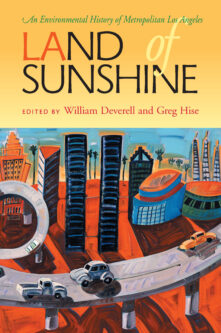

Land of Sunshine
An Environmental History of Metropolitan Los Angeles
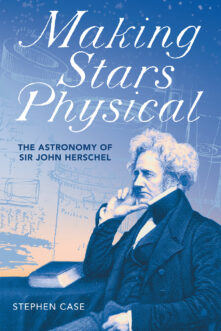

Making Stars Physical
The Astronomy of Sir John Herschel
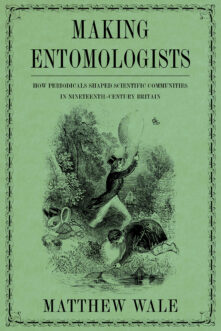

Making Entomologists
How Periodicals Shaped Scientific Communities in Nineteenth-Century Britain
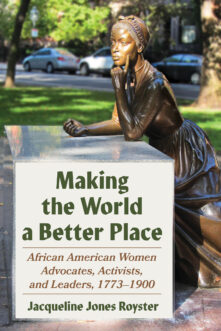

Making the World a Better Place
African American Women Advocates, Activists, and Leaders, 1773-1900
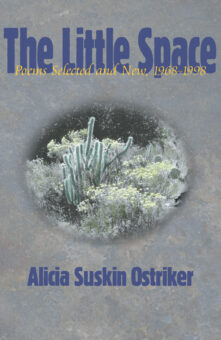

The Little Space
Poems Selected and New, 1968–1998
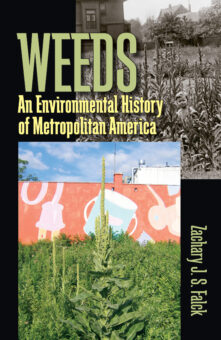

Weeds
An Environmental History of Metropolitan America
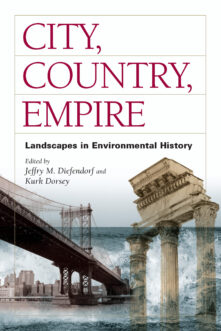

City, Country, Empire
Landscapes In Environmental History
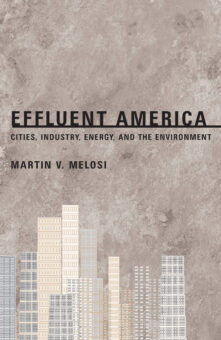

Effluent America
Cities, Industry, Energy, and the Environment
Your search for "Urban Rivers %3A Re-making Rivers%2C Cities and Space in Europe and North America" returned 620 results


